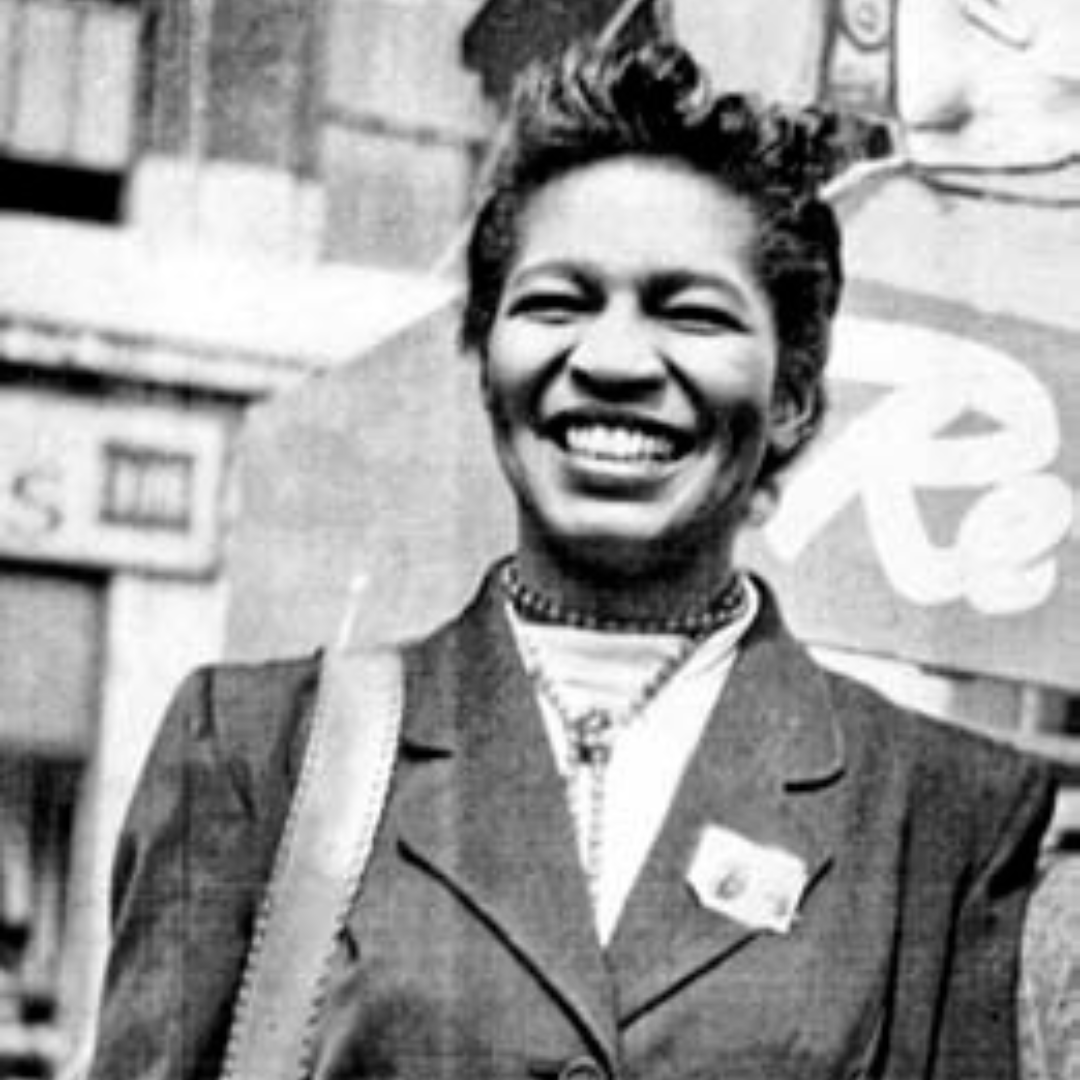Claudia Jones: A Pioneering Advocate for Equality and Justice
Claudia Jones is not a name that is readily mentioned in every history book, but she is a towering figure who played a critical role in championing the rights of black women, workers, and the marginalized communities in the 20th century. Her contribution to the fight for civil rights and social justice remains a source of inspiration for countless people around the world.
Born Claudia Vera Cumberbatch in 1915 in Belmont, Trinidad, and Tobago, she moved to the US at a young age, witnessing racial and economic inequalities firsthand. These experiences deeply influenced her perception of the world and drove her towards activism. At a young age, she joined the Young Communist League and later the Communist Party USA, firmly believing in its ideals as a means to fight racism and class oppression.
Jones believed that the fight against racism was intrinsically linked to the fight against class oppression. She strongly advocated for the intersection of race, gender, and class issues, making her a precursor to the modern intersectional feminist movement. Her essay "An End to the Neglect of the Problems of the Negro Woman!" is a testament to her groundbreaking approach, where she emphasized that black women faced a unique "triple oppression" of race, class, and gender.
Claudia Jones's activism did not go unnoticed. She was arrested several times during the McCarthy era for her communist affiliations. Eventually, she was deported from the US in 1955, not returning to Trinidad but relocating to the UK. In Britain, Jones continued her activism, focusing on the issues faced by the Caribbean community in London. She recognized the systemic racism present in Britain and took it upon herself to address it.
One of her most lasting contributions to the UK was the establishment of the West Indian Gazette, the first major black newspaper in the country. This publication not only served as a voice for the Caribbean community but also as a platform to challenge and highlight racial discrimination.
Perhaps Jones's most joyous and enduring legacy is her role in the precursor events to the Notting Hill Carnival. In response to the racial tensions and riots of the late 1950s, she organized indoor Caribbean carnivals as a means to ease racial tensions and showcase the rich cultural heritage of the Caribbean community. These events laid the groundwork for what would later evolve into the world-renowned Notting Hill Carnival.
Claudia Jones passed away in 1964, but her impact is felt to this day. She was a trailblazer who worked relentlessly for a world where everyone, regardless of their race, gender, or class, could live with dignity and respect. In an era when women, especially black women, were relegated to the background, Jones was a fierce advocate for their rights, emphasizing their central role in the fight for justice.
To truly honor Claudia Jones's legacy, we must continue to champion the causes she held dear and ensure that the marginalized voices she amplified are never silenced.

